Important Nutrients That Your Body Needs
Published by admin on
Normal 0 false false false EN-US ZH-CN X-NONE /* Style Definitions */ table.MsoNormalTable {mso-style-name:"Table Normal"; mso-tstyle-rowband-size:0; mso-tstyle-colband-size:0; mso-style-noshow:yes; mso-style-priority:99; mso-style-parent:""; mso-padding-alt:0in 5.4pt 0in 5.4pt; mso-para-margin-top:0in; mso-para-margin-right:0in; mso-para-margin-bottom:8.0pt; mso-para-margin-left:0in; line-height:107%; mso-pagination:widow-orphan; font-size:11.0pt; font-family:"Calibri",sans-serif; mso-ascii-font-family:Calibri; mso-ascii-theme-font:minor-latin; mso-hansi-font-family:Calibri; mso-hansi-theme-font:minor-latin; mso-bidi-font-family:"Times New Roman"; mso-bidi-theme-font:minor-bidi;}
Normal 0 false false false EN-US ZH-CN X-NONE /* Style Definitions */ table.MsoNormalTable {mso-style-name:"Table Normal"; mso-tstyle-rowband-size:0; mso-tstyle-colband-size:0; mso-style-noshow:yes; mso-style-priority:99; mso-style-parent:""; mso-padding-alt:0in 5.4pt 0in 5.4pt; mso-para-margin-top:0in; mso-para-margin-right:0in; mso-para-margin-bottom:8.0pt; mso-para-margin-left:0in; line-height:107%; mso-pagination:widow-orphan; font-size:11.0pt; font-family:"Calibri",sans-serif; mso-ascii-font-family:Calibri; mso-ascii-theme-font:minor-latin; mso-hansi-font-family:Calibri; mso-hansi-theme-font:minor-latin; mso-bidi-font-family:"Times New Roman"; mso-bidi-theme-font:minor-bidi;}
8 Major Nutrients Human Body Needs
For Basic Survival Plus Good Health
There are 7 essential nutrients and phytonutrients that you need in your diet to ensure the body has everything it needs for good health.
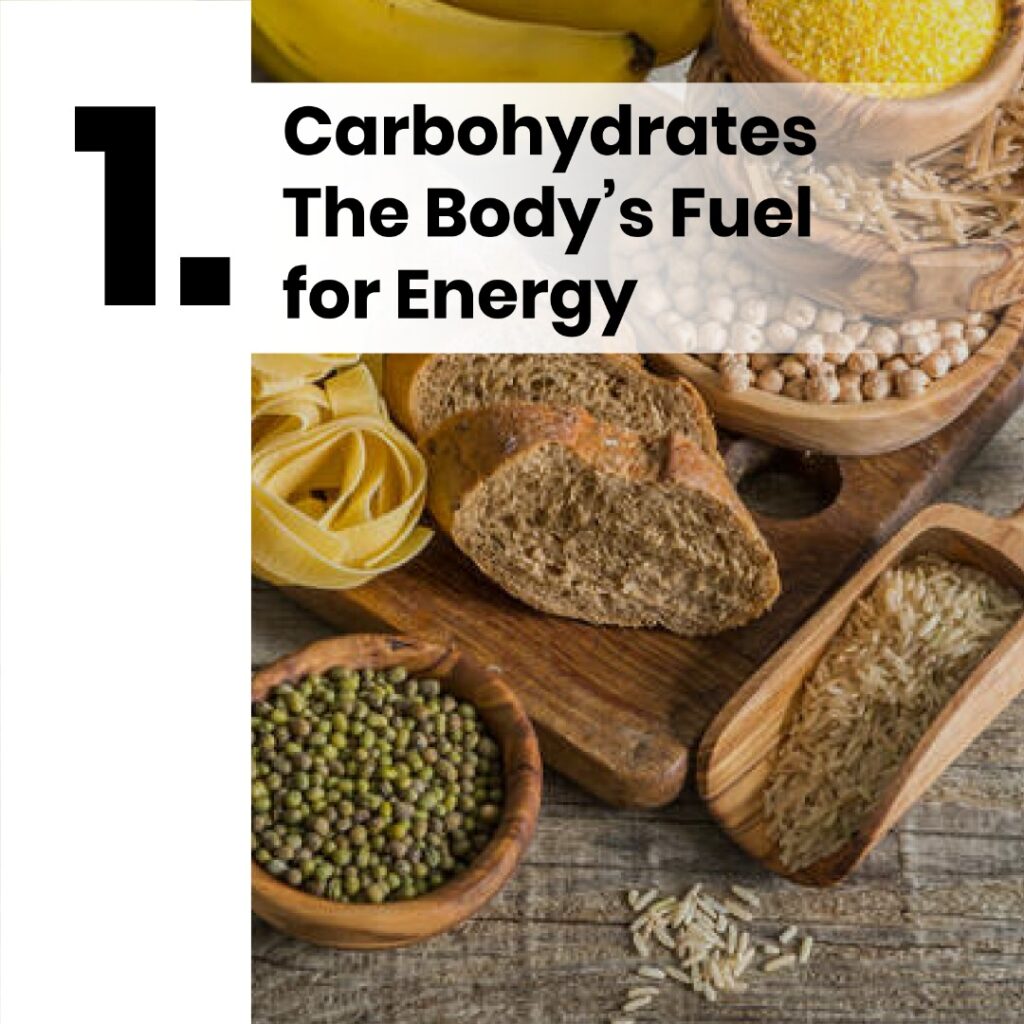
Carbohydrates-The Body’s Fuel for Energy
Sugars are the carbohydrates which can be used as an energy source to move the body, such as during exercise and they are stored in the liver and muscles as glycogen. Sugars are also the main source of energy for the brain. Carbohydrates can be found in ample quantities in grains, potatoes, sugar, and fruit.
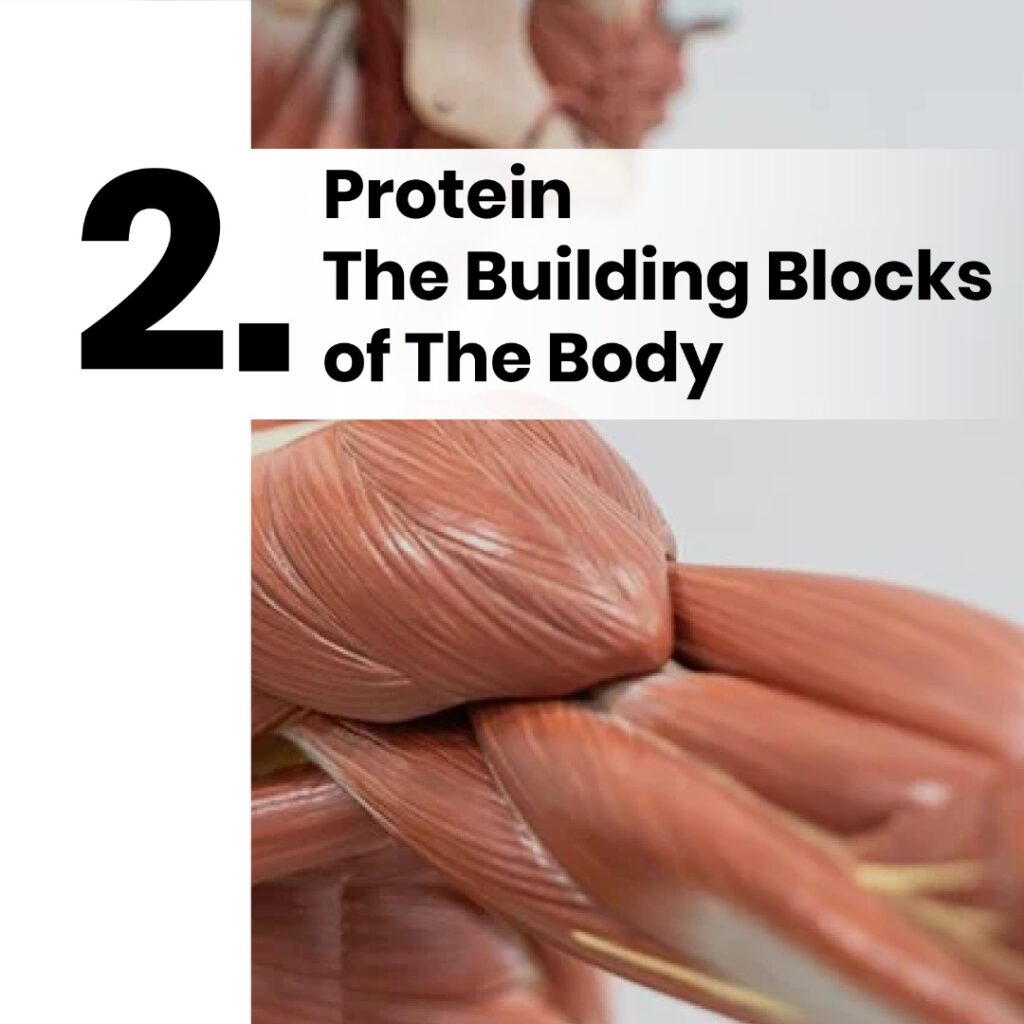
Protein-The Building Blocks of The Body
Protein is the main constituent of the body, making up the muscles, internal organs, skin, blood and so on. If compared to a car, it would be the material from which the body and engine are made. Just like a car cannot be driven fast without a solid frame, without protein the human body cannot be kept in a healthy state. There are 20 kinds of amino acids that make up proteins, 9 of which are not synthesized in the body, and are therefore called essential amino acids. These essential amino acids must be supplemented from meals.
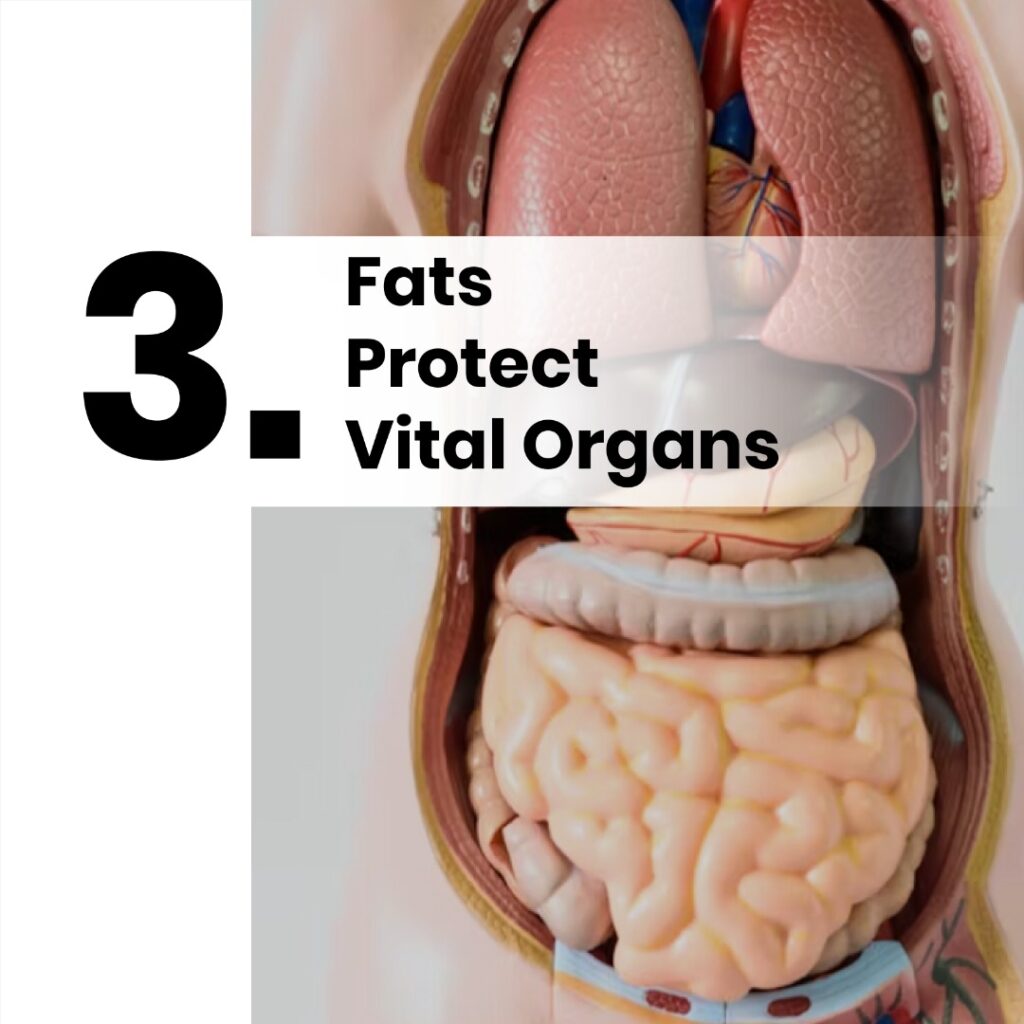
Fats- Protect Vital Organs
Small amount of fat is stored within the abdominal cavity, called visceral fat, and some is stored just underneath the skin, called subcutaneous fat. Visceral fat protects vital organs such as the heart, kidneys, and liver. The blanket layer of subcutaneous fat insulates the body from extreme temperatures and helps keep the internal climate under control. It pads our hands and buttocks and prevents friction, as these areas frequently come in contact with hard surfaces, especially when engaging in physically demanding activities such as climbing, hiking, or skateboarding. Fats can be found in abundance in nuts, seeds and cooking oils.

Dietary Fiber- The Gut Guardian
Dietary fiber is indigestible portion of food that is not broken down by human digestive enzymes. It helps to increase the number of good bacteria in the digestive tract, maintain the balance of bacteria in the intestines, and as such is very beneficial for the body. Fruits, vegetables and whole grain foods are good source of dietary fiber.

Vitamins-Maintain A Healthy Body
Vitamins are essential nutrients for keeping the body healthy and in good working order. They are organic compounds which are mostly impossible for the body to synthesize, and a lack of these vitamins can possibly lead to various deficiency-related diseases. Vitamins can be broken down into two categories: water-soluble (Vitamin B, C) and fat-soluble (Vitamin A, D, E, K). Each of them carries out different tasks to support the body health. Besides, vitamins can be found in large amounts in fruit and vegetables.
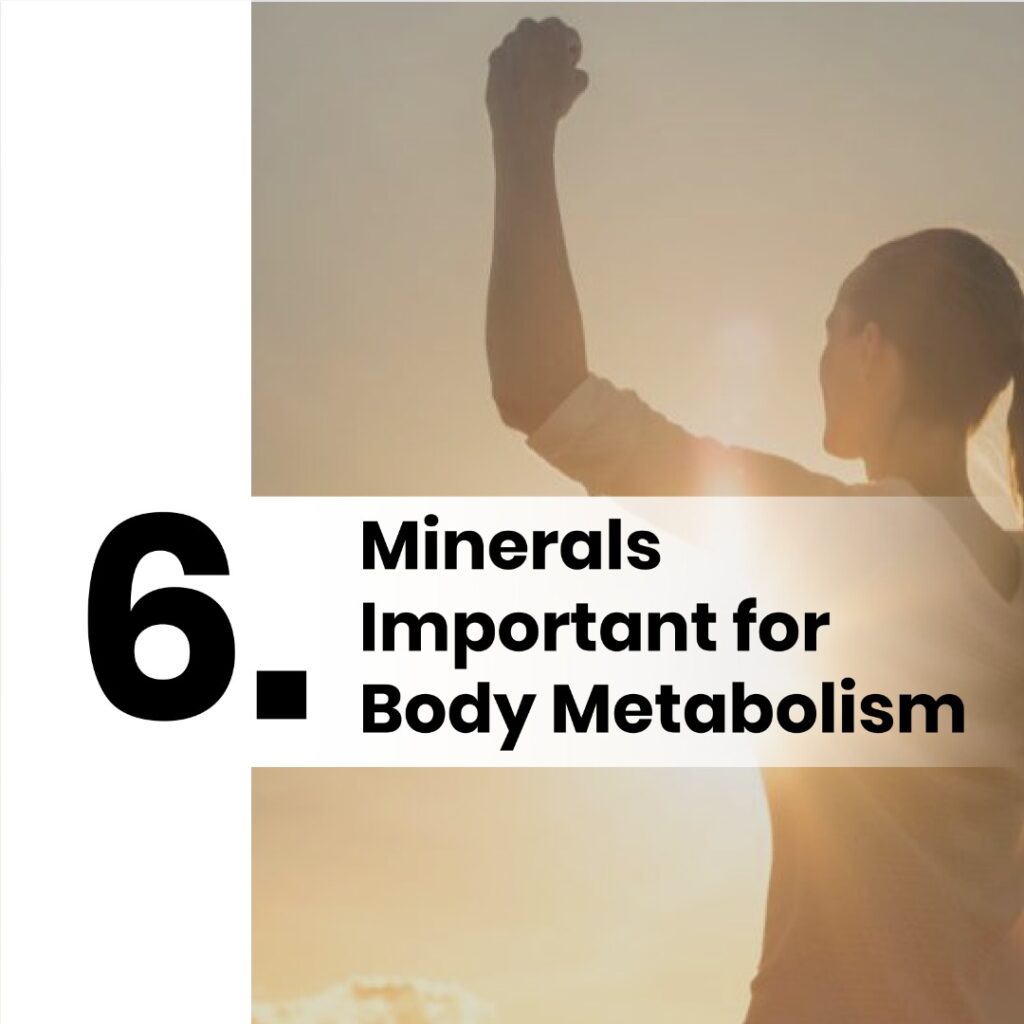
Minerals- Important for Body Metabolism
Minerals are not used as energy, but instead aid in making up the human body such as breaking down and building up proteins, fats, and sugars. There are 16 different minerals which are necessary for the human body, including calcium, iron, and sodium, and they can be found in abundance in fruit, vegetables, seaweed, and milk/dairy products.

Water-Crucial for Health and Well-being
The human body needs water to survive. Every organ and cell need to stay hydrated in order for the body to function at its best, as around 60 percent of the body is made up of water. Drinking water can nourish and protect the brain, spinal cord, and other sensitive tissues, improve your mental health and thinking abilities. Water can dissolve minerals and nutrients, making them more accessible to the body, and also get rid of wastes through urination, sweating, and bowel movements, where these are essential for the kidney and digestive system to function.
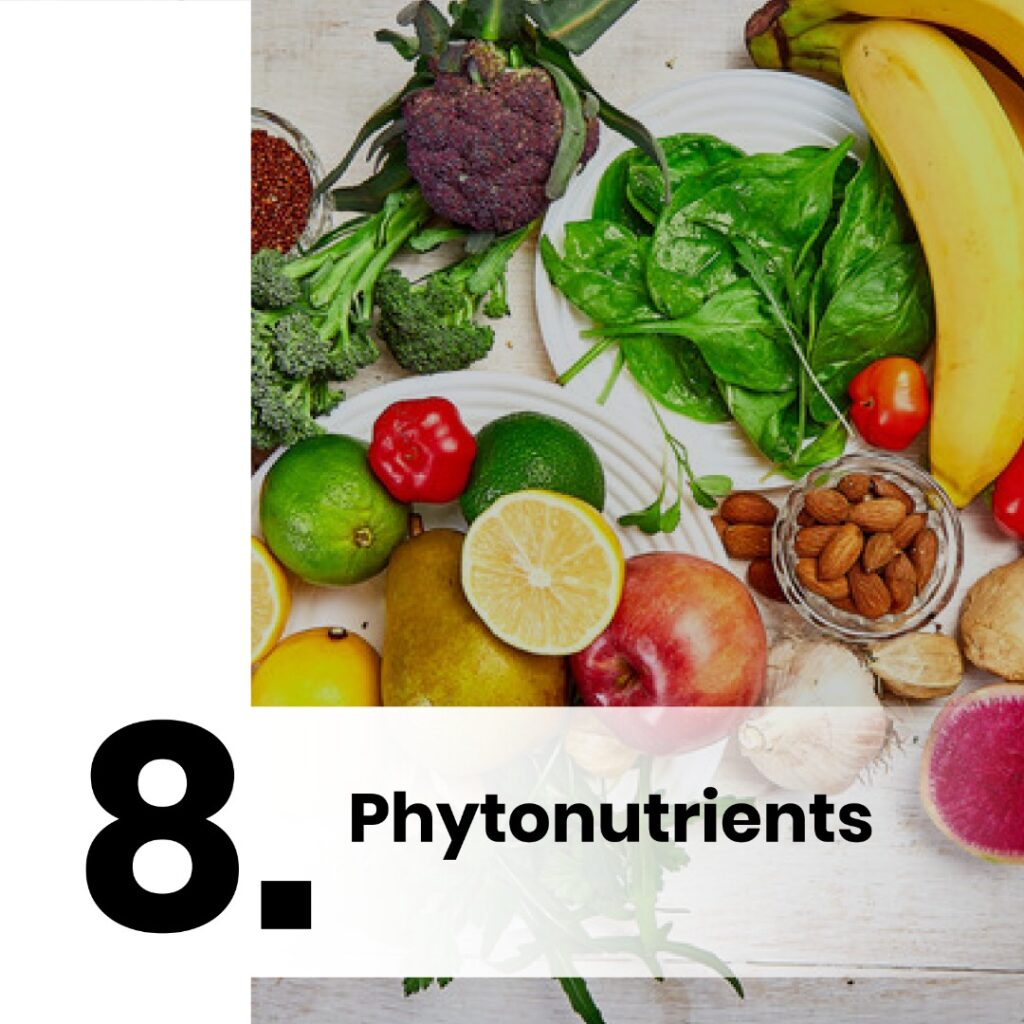
Phytonutrients
Phytonutrients are natural chemicals or compounds produced by plants. Although phytonutrients are not considered nutrients that are essential for life, like carbohydrates, protein, fats, vitamins and minerals, they can provide significant benefits for humans who eat plant foods. There are more than 25,000 types of phytonutrients, where carotenoids, ellagic acid, resveratrol, flavonoids, phytoestrogens and glucosinolates are some of the most common phytonutrients. The common benefits of phytonutrients are antioxidant and anti-inflammatory activities. Besides, phytonutrients may also enhance immunity and intercellular communication, repair DNA damage from exposure to toxins, detoxify carcinogens and alter estrogen metabolism to support hormone balance. Phytonutrient-rich foods include colorful fruits and vegetables, legumes, nuts, tea, whole grains and many spices.